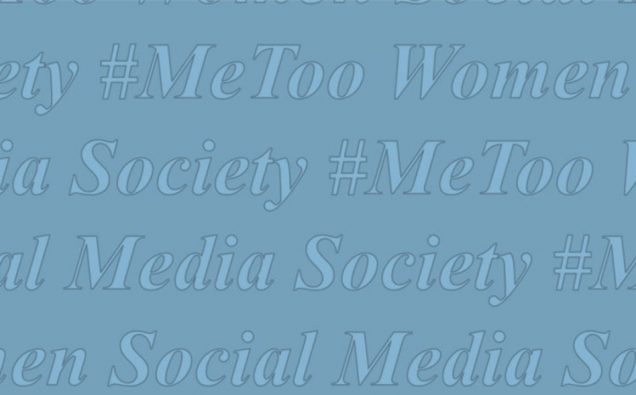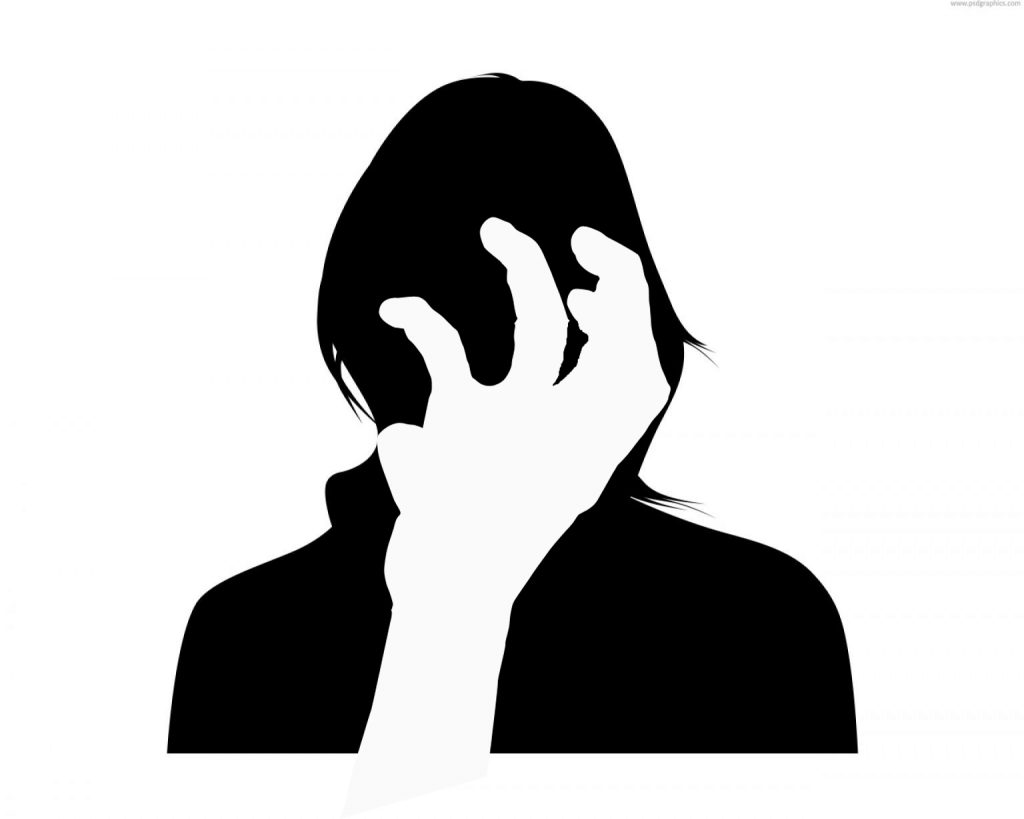
Three lawmakers have resigned on the Capitol Hill. Once a household name NBC’s “Today” anchor Matt Lauer and famous Charlie Rose of PBS Show have been fired. Harvey Weinstein, once a powerful Hollywood titan has gone into oblivion.
The allegations of sexual misconduct against women have seen some powerful men leave the public stage, raising a series of troubling questions across the American society.
On the other hand, women who came forward with accounts of sexual harassment by the influential men are being recognized.
The drivers of the #MeToo courageous movement have been named Time’s 2017 Person of the Year.
The recognition of “The Silence Breakers” represents the women’s forcing a countrywide reckoning, according to the magazine.
The magazine features on its cover pictures of actress Ashley Judd, singer Taylor Swift and former Uber engineer Susan Fowler.
“The galvanizing actions of the women on our cover … along with those of hundreds of others, and of many men as well, have unleashed one of the highest-velocity shifts in our culture since the 1960s,” the magazine’s editor-in-chief Edward Felsenthal says.
But what does the moment represent at the societal level?
A survey released on Thursday said Americans see recent reports of sexual harassment and assault as “more reflective of widespread problems in society rather than acts of individual misconduct.”
According to Pew Research Center, that view cuts across the majorities among all demographic and partisan groups, including men and women in both parties.
Overall, the survey finds, two-thirds of Americans (66%) say the recent allegations “mainly reflect widespread problems in society,” compared with just 28% attributing them mainly to individual misconduct.
Conducted between November 29 and December 4, the survey of 1,503 adults, shows women are more likely than men (71% vs. 60%) to see allegations of sexual misconduct as mainly reflective of broad societal problems.
Along the political spectrum, Democrats and Democratic-leaning independents (70%) are also somewhat more likely to say this than Republicans and Republican leaners (61%).
But the survey has an interesting finding – women college graduates stand out for their belief that the reports of sexual harassment represent widespread problems in society with 86% with least a four-year degree expressing the view.
Their male peers (67%) also hold the same view.
These findings are important in that they represent a moment of realization that American society, with 74% of the public believing the issue to be very important.
The finding that adults younger than 30 are more likely to view this issue as very important than are people 50 and older represents a hopeful trend and raises hopes that the American society could address the issue in the years ahead.
At least, the #MeToo social media reckoning has started making a difference.


















